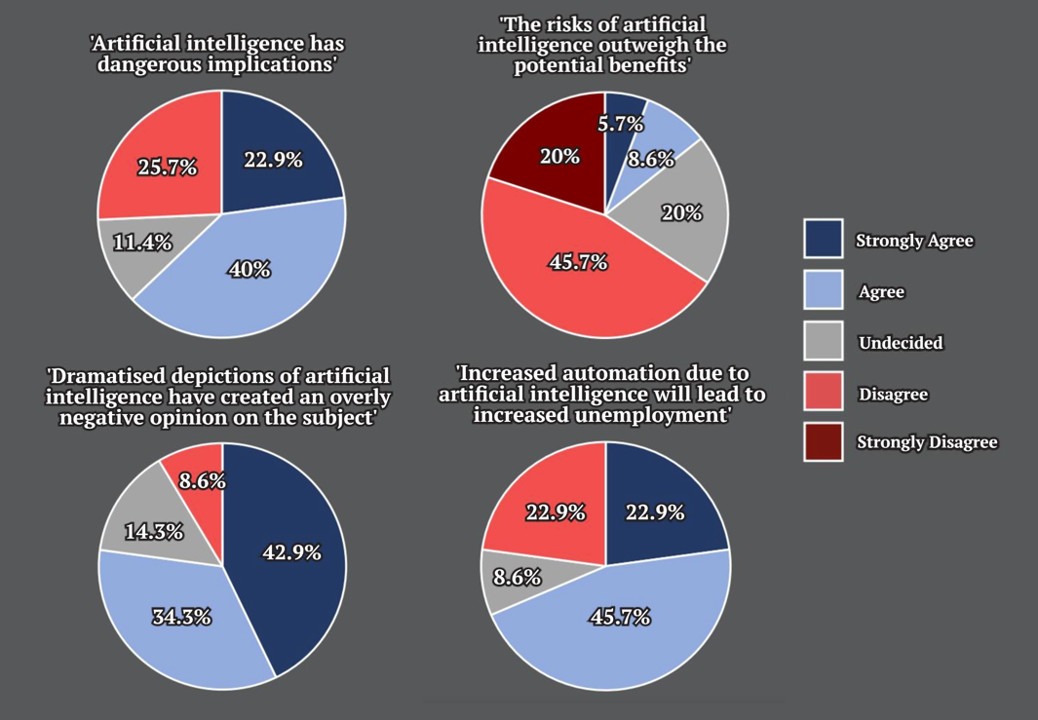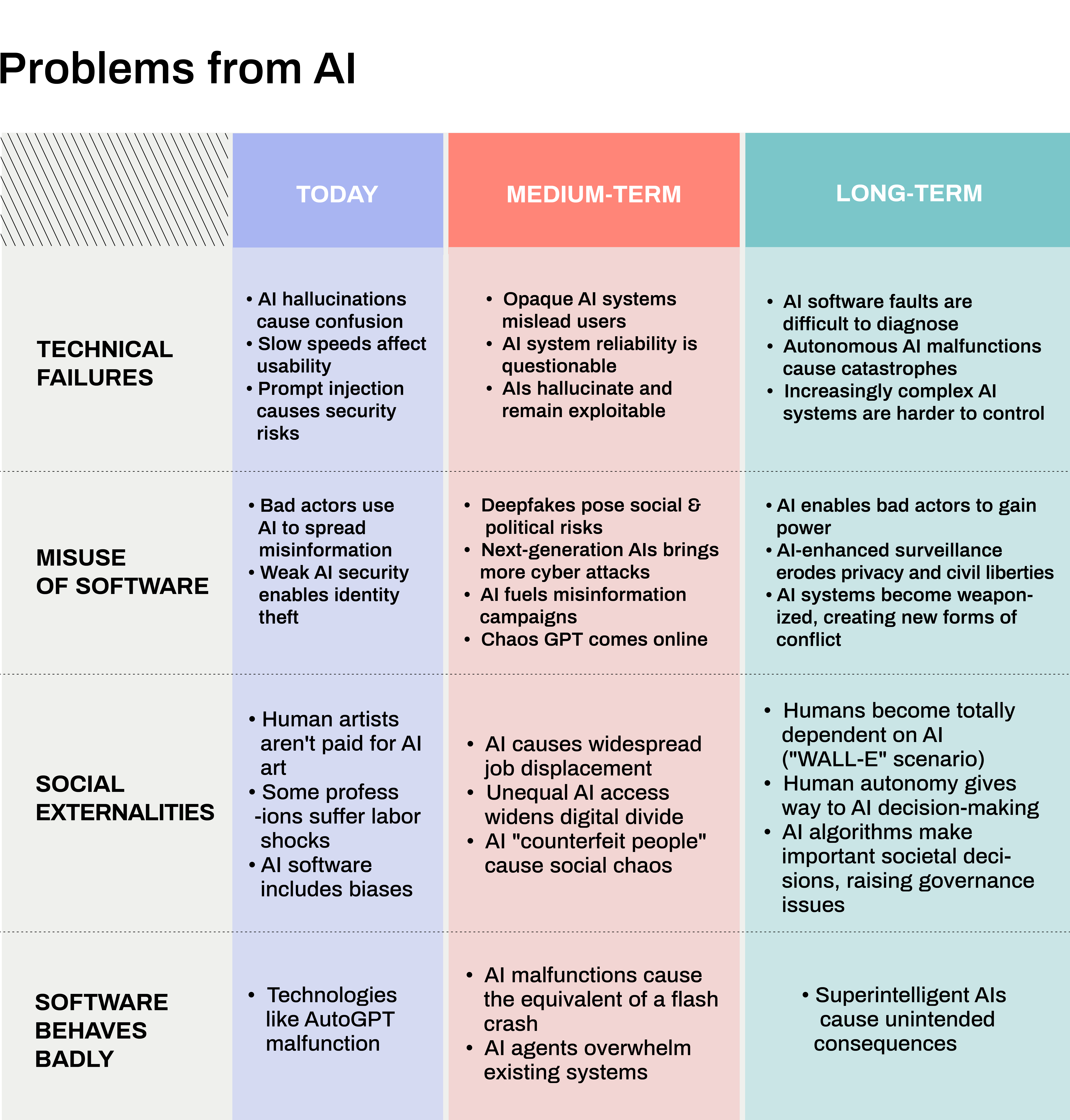How does AI impact equality, for better or worse?
The impact of Artificial Intelligence (AI) on equality is a multifaceted issue, yielding both positive and negative consequences. While AI has the potential to advance equality by providing access to resources and opportunities, it also risks exacerbating existing inequalities and creating new ones.

On the positive side, AI has the potential to enhance equality by improving access to education, healthcare, and employment opportunities. AI-powered educational platforms can personalize learning experiences, catering to the individual needs of students regardless of their socioeconomic background. This can help bridge the education gap between privileged and disadvantaged communities. Similarly, AI-driven healthcare applications can provide more accurate diagnoses and personalized treatment plans, ensuring that individuals receive the care they need regardless of their geographic location or financial status.
Furthermore, AI has the capacity to streamline hiring processes and reduce bias in recruitment decisions. By using algorithms to analyze job applications and identify the most qualified candidates based solely on their skills and qualifications, AI can help mitigate human biases related to gender, race, and ethnicity. This can lead to more diverse and inclusive workplaces, where individuals are judged on their abilities rather than irrelevant factors.

However, despite these potential benefits, AI also poses significant risks to equality. One of the most pressing concerns is the perpetuation of existing biases within AI systems. Machine learning algorithms are trained on large datasets that may contain biases inherent in society, such as racial or gender stereotypes. As a result, AI systems can inadvertently perpetuate and even exacerbate these biases, leading to discriminatory outcomes in areas such as hiring, lending, and criminal justice.
Moreover, the unequal distribution of AI technologies can widen the digital divide and exacerbate socioeconomic inequalities. Access to AI-driven tools and services is often limited to those who can afford them, further marginalizing already disadvantaged communities. This creates a feedback loop where the privileged have access to the benefits of AI, while the disadvantaged are left behind, widening the gap between the two groups.
Additionally, the automation of jobs by AI technologies threatens to disrupt the labor market and exacerbate income inequality. While AI has the potential to increase productivity and create new job opportunities, it also poses a risk of job displacement, particularly for low-skilled workers in sectors such as manufacturing and retail. Without adequate retraining and support mechanisms in place, these workers may struggle to find employment in an increasingly automated economy, further widening the gap between the wealthy elite and the working class.

In conclusion, the impact of AI on equality is a complex and nuanced issue with both positive and negative implications. While AI has the potential to enhance equality by improving access to education, healthcare, and employment opportunities, it also risks perpetuating existing biases, widening the digital divide, and exacerbating income inequality. To ensure that AI benefits society as a whole, policymakers, technologists, and other stakeholders must work together to address these challenges and harness the potential of AI for the greater good.
Compiled by: Pratiksha Bisht
Comments
Post a Comment